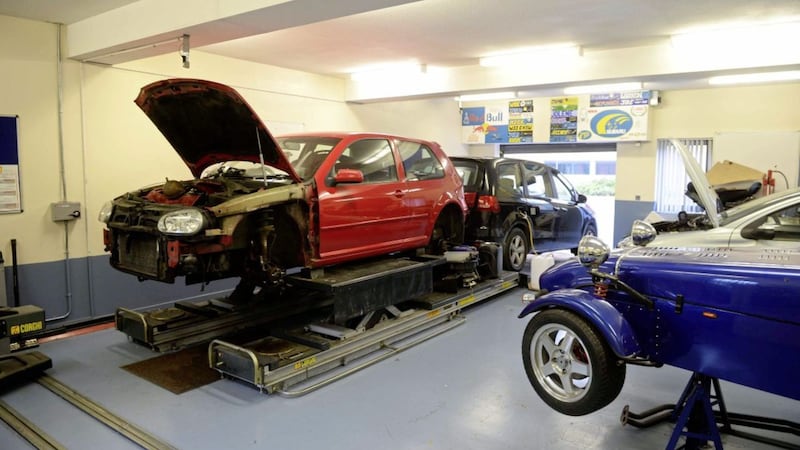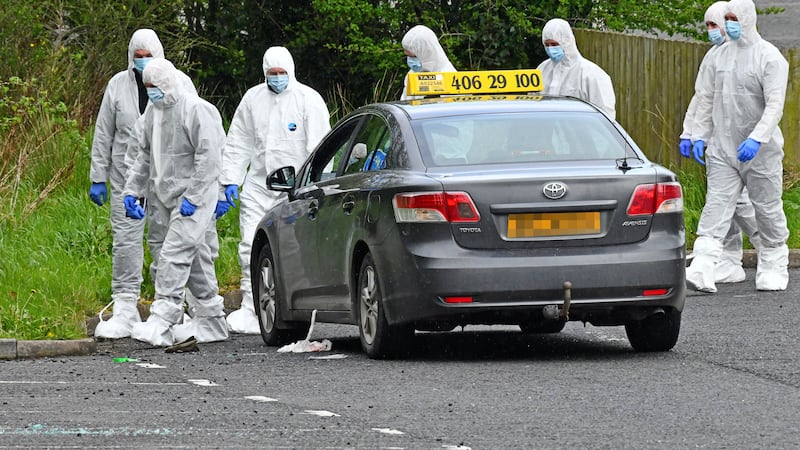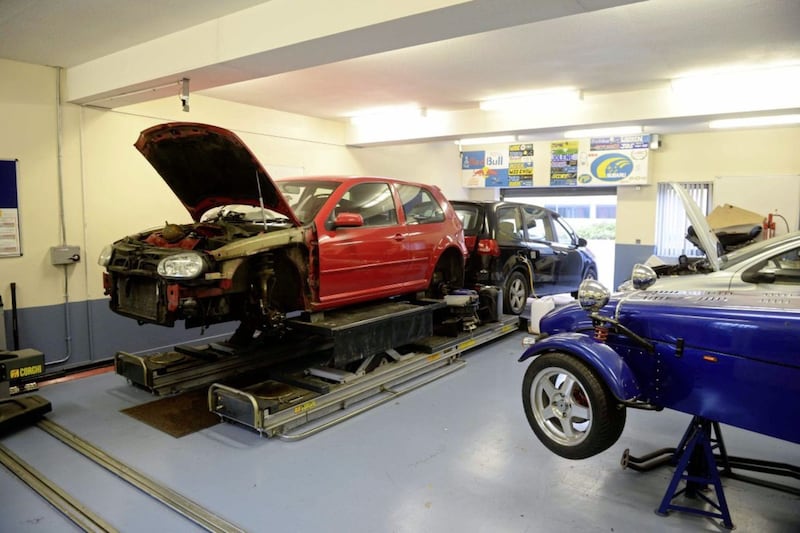YOUNG people held at a detention centre in Co Down are to receive classes in 'consent' in a bid to reduce the harm caused by exposure to adult images at an early age.
Last month two boys in the Republic were convicted of the murder of schoolgirl Ana Kriegel when they were just 13 years old, with one of the teens sexually assaulting the 14-year-old.
The court was told he had more than 12,000 pornographic images on his phone.
Woodlands Juvenile Justice Centre, situated on the outskirts of Bangor, houses some of the most challenging young people in Northern Ireland.
Both boys and girls, sentenced and remanded, are housed at the facility which provides healthcare and education for the vulnerable young people in its care.
Recent high-profile court cases have prompted staff to source a consent and misogyny training programme for the young people, looking at how they speak and react to members of the opposite sex.
Read More
- Catholic children three times more likely to be locked up
- Safe, calm, controlled - caring for Northern Ireland's child prisoners
Situated close to the Lakewood secure accommodation children's home, construction has already started on a joint Care and Justice Campus that will link the two sites to create a bespoke centre.
Woodlands director Brian Ingram said they have also started working with the parents of young people to reduce the risk of re-offending once released.
The site has a small flat where families who have to travel long distances to visit their children can stay.
"We would have single parents or families on low income who have had to pay expensive travel and taxis to visit," said Mr Ingram.
"This place gives them somewhere to stay or even to take time out - it can be a bit of an ordeal at times."
Around three-quarters of the young people locked up are from the Catholic community.
There is anecdotal evidence as to why could be the case, such as historical issues around policing and high levels of economic deprivation in places like west Belfast and parts of Derry, where many of the young offenders come from.
But there is no definitive answer as to why there is such a high proportion of Catholic children.
Mr Ingram said they have no say over who the courts send them and just treat each child as an individual.
"The first thing we do is listen to them," he said.
"There are people who need to be here, that's not in dispute, but our staff are passionate about helping each child.
"We have girls without any maternal support outside and they feel safe here, the stories of CSE (child sex abuse) are horrendous.
"Our boys are incredibly vulnerable as well, it's hard for us to control what they go back out to.
"We spend a lot of time now with the parents, raising their understanding of first aid, dealing with the risk of overdose, dealing with threat of harm, even from their own children.
"We have single mothers facing threats from their own children who then phone the police and that's an immediate arrest and back into the system again.
"So we're trying to build that resilience to try and work with their children, we want them to be able to keep them at home longer and break the cycle, to have greater influence over their children."
Around 40 per cent of those in custody are 'looked after children' - young people from the care system - and many come from Lakewood secure accommodation, run by the Department for Health.
Declan McGeown, chief executive of the Youth Justice Agency, said they have been working to provide a better system of care for those children.
"They are all the same children so rather than talk about them as we did in the past as 'your children' or 'our children', they are now one group," he said.
"If a child in care breaks a cup they ring the police. If you or I broke a cup in anger at home you probably wouldn't find yourself in a detention facility, so what we are trying to do is work through both departments to say okay, these children do play up, they do have needs.
"So instead of asking a child, 'why did you do that', we ask 'what happened to you' and that's an altogether different experience."




